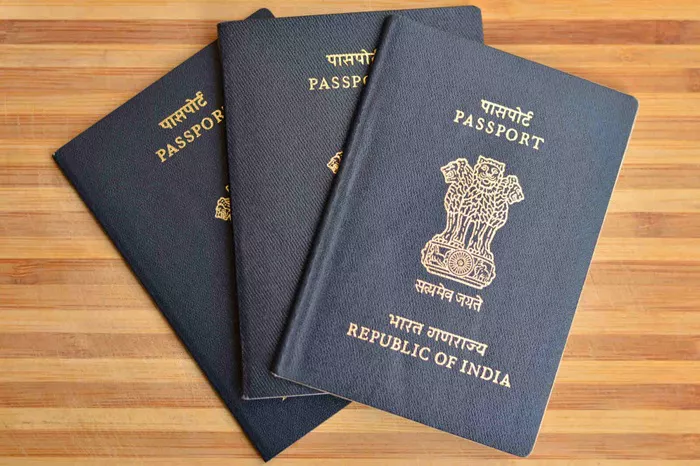India has officially joined a global group of over 120 countries—including the United States, Canada, Mexico, Brazil, France, Italy, Japan, and more—in adopting chip-based biometric e-passports. This milestone is a significant step toward modernizing international travel. The move is designed to enhance border security, reduce identity fraud, and speed up immigration processing for Indian citizens.
The rollout of India’s new e-passports began in April 2024 as part of the revamped Passport Seva Programme 2.0, with pilot programs launched in cities such as Nagpur, Bhubaneswar, Jammu, Goa, Shimla, Raipur, Amritsar, Jaipur, Chennai, Hyderabad, Surat, and Ranchi. Full-scale deployment is expected by mid-2025.
These advanced passports feature a Radio Frequency Identification (RFID) chip and antenna embedded in the back cover. The chip securely stores the holder’s biometric and personal data—including facial images, fingerprints, name, date of birth, and passport number. The data is encrypted and protected by international security standards such as Basic Access Control (BAC), Passive Authentication (PA), and Extended Access Control (EAC).

